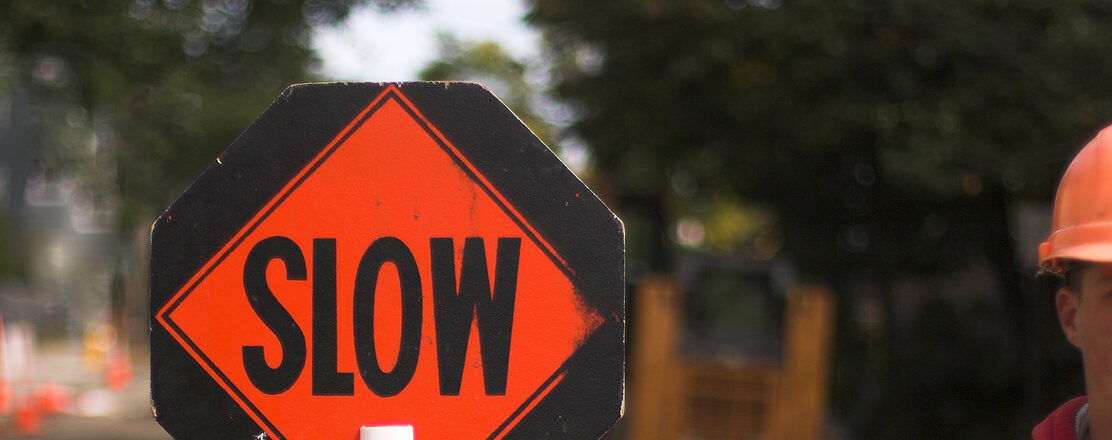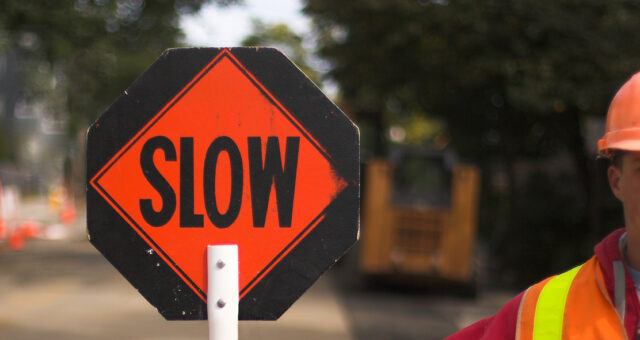Slow Down: Takeoff


Though it’s tempting to rush right through takeoff and onto estimation, it’s best to exert extra care at takeoff. Without a strong foundation, projects can go awry fast, impacting the bottom line and even nicking your reputation. A sound takeoff sets you up for a solid bid package–and success on the project too. Read on for a refresh.
Calculating Items and Materials
Specificity is the mantra for a construction takeoff. As Johnny Bradigan of Construction Connect puts it: “An accurate takeoff is the foundation of a buttoned-up estimate, which is the key to winning more bids, and the gateway to profitability. By not studying plans,…not fully scoping out all needed materials, or double-checking measurements, you are setting yourself up for failure. And that not only affects your bottom line but your reputation in the field, too.” During takeoff, it’s best to avoid crossing over into the tasks of estimating. Assigning dollars is more accurately accomplished only after specific calculations have been made–which is the focus of the takeoff phase:
A construction takeoff…is a specific calculation of all the items and materials needed for a construction project. That includes calculating the exact amounts of raw materials, such as drywall, concrete, wood, and prefabricated materials, like windows, doors, and bathroom fixtures. You will even need to approximate how many boxes of nails, screws, and other fasteners would be required. After the takeoff is finished, the next step is estimating. That is where dollar amounts are tied to all these needed materials, the necessary tools and permits, the costs of labor and hiring of subcontractors, and anything else that needs to be bought, rented, or deposited. Simply put: An accurate takeoff paves the way for a precise estimate, which, in turn, opens you up to a successful project bid. If you get this first step wrong, you risk not having enough materials or help on the jobsite or jeopardizing the project entirely.
Tips for Takeoff
A successful takeoff requires understanding the plans, and that means being up to speed with the digital, interactive formats that have generally replaced those old blue papers. As Bradigan wisely reminds us “A takeoff is no time to “take a guess” if you’re having trouble decoding the plans. Don’t hesitate to contact the architect if anything seems “off” or if you need any additional clarity. There is no shame in asking, and it is always better to be safe than sorry.” Additional tips for a solid takeoff include:
Give your findings and measurements a second look (and maybe even a third) to verify you got things correct. It is good to double-check your results against any existing project reference documents … .Asking for another set of eyes from your project team to check your work is also helpful to ensure accuracy along the way.
While you are double-checking your measurements against reference documents, be sure to hold onto all your notes, records, and files related to the project….If any disputes occur during the project or plans appear to be changing… you can refer to your documentation as a source of truth. These documents can also provide valuable insight well after the takeoff is done. You can use them to review how well you profited off a project. Saved documentation can serve as references to show what may have gone wrong and what you can improve for the future.
To ultimately win the bid and succeed with the project, you’ll of course need a surety line of credit, bid bonds and financial intel. Don’t stress: everything you need is right here at Colonial Surety via The Partnership Account® for Contractors,
With The Partnership Account® on your side, you’ll use our power of attorney to issue your own bid bonds, in minutes. Order performance bonds with speed and ease too. Plus, you’ll bid and win more then ever as you leverage your:
- surety line of credit—in writing;
- private digital dashboard;
- daily snapshot of single and aggregate limits
- ability to update work on hand—and increase your aggregate.
Get started right now—and get your free scores too:
Founded in 1930, Colonial Surety Company is a leading direct seller and writer of surety bonds and insurance products across the USA. Colonial is rated “A Excellent” by A.M. Best Company and U.S. Treasury listed. Let’s connect today: Colonial Surety.

